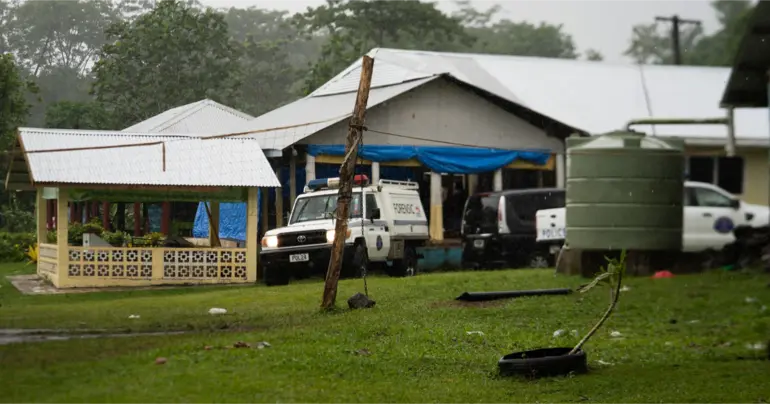Daylight savings scrapped
 By Matai'a Lanuola Tusani T - Ah Tong
•
20 September 2021, 12:00AM
By Matai'a Lanuola Tusani T - Ah Tong
•
20 September 2021, 12:00AM
The country's new Government has dumped the nation's contentious daylight savings time policy, it was announced a short time ago.
The decision taken by the Cabinet to not activate daylight savings time this year was passed at a meeting last week.
Implemented by the former Government 11 years ago the time change that was ti have been activated this Sunday, requiring Samoans to turn their clocks back by one hour. Since its introduction, the benefits of the policy have been the source of much contention.
The Ministry of Commerce Industry and Labour (M.C.I.L.) on Monday issued a public notice confirming the policy would not apply this year follow a decision by Cabinet last week.
“There will be no activation of the daylight saving time policy,” the notice stated.
“The public and businesses are therefore advised to continue to follow the normal time as currently in force.”
In the past the policy was criticised for its apparent failure to promote economic growth had had given rise to recommendations that the time change should be reviewed.
An economist and leader of the Tautua Samoa party, Afualo Dr. Wood Salele previously said daylight savings time's chief impact was extending the population's leisure time.
The former Government brought in the time change with the intention that people were to be given more time after work to tend to their plantations.
It was also designed to promote public health, save on fuel consumption and boost leisure activities.
But Afualo previously said that the time change had instead defeated its own goals by being used by people to socialise more.
A survey conducted by the M.C.I.L. in 2018 found that 55 per cent of the public were in favour of D.S.T.
“Their main reason for supporting this activity is due to the longer hours of the afternoon for guests to socialise in restaurants, more clients and also beneficial with extra time for sports activities," the research found.
Of those who did not support D.S.T., the survey found that they were mainly concerned about workers being late, the safety of children travelling to school while it was still dark, slow performance and lost productivity.
In an earlier survey, conducted in 2011 a year after daylight savings time's introduction, the Electric Power Corporation (E.P.C.) said that energy demand dropped by an average of four per cent from December 2010 to March 2011. Some 319,000 litres of fuel were said to have been conserved due to the piolicy.
But the E.P.C. was cautious of attributing the fuel savings directly to the time change due to a lack of reliable data.
“Much of the 40 percent ‘no energy saved’ respondents in the Ministry survey stated that their electricity soared from January 2011 when the school year started to prepare children for school as it was still dark by 7 am," the survey noted.
 By Matai'a Lanuola Tusani T - Ah Tong
•
20 September 2021, 12:00AM
By Matai'a Lanuola Tusani T - Ah Tong
•
20 September 2021, 12:00AM











